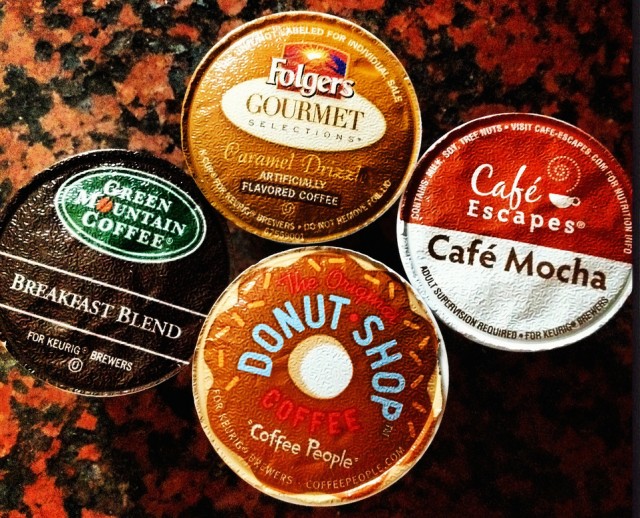<a href="https://www.reddit.com/r/Notion/" rel="nofollow">https://www.reddit.com/r/Notion/</a>

https://www.nytimes.com/2021/08/13/style/modern-love-episode-7-andrew-rannells.html

Long live Google Reader??

@elmundoes
https://itunes.apple.com/es/app/el-mundo-diario-online/id324300162?mt=8


![]() Kim Zetter / Wired:
Kim Zetter / Wired:
Grams, a Tor-accessible search engine for contraband, aims to be the Google of Dark Web — New ‘Google’ for the Dark Web Makes Buying Dope and Guns Easy — The dark web just got a little less dark with the launch of a new search engine that lets you easily find illicit drugs and other contraband online.

Keurig's next generation of coffee machines will have a way to prevent any coffee not licensed by Keurig from brewing in the machine as early as this fall. Locking down a thing like coffee seems both trifling and difficult to accomplish—no one has yet described how Keurig can differentiate its own pods enough so that its machines would honor those pods and only those pods.
Security can be as complex or as simple as a user wants, but it does have limitations: size and cost. It's easy to imagine how, for instance, a credit card with a smart chip works in its own ecosystem. But how can something as small, relatively cheap, and disposable as a coffee pod be protected? And even if it can, how strong could that protection be without raising the cost too significantly?
To suss out the issue of coffee DRM, it makes sense to look at a relatively close analog product with its own rights management and interoperability issues—printer toner cartridges. Each printer company jealously guards its model of cartridges, doing everything it can to make them proprietary and unrefillable, because, of course, the real money in printing is in selling the ink at a very large profit.
Read 8 remaining paragraphs | Comments




